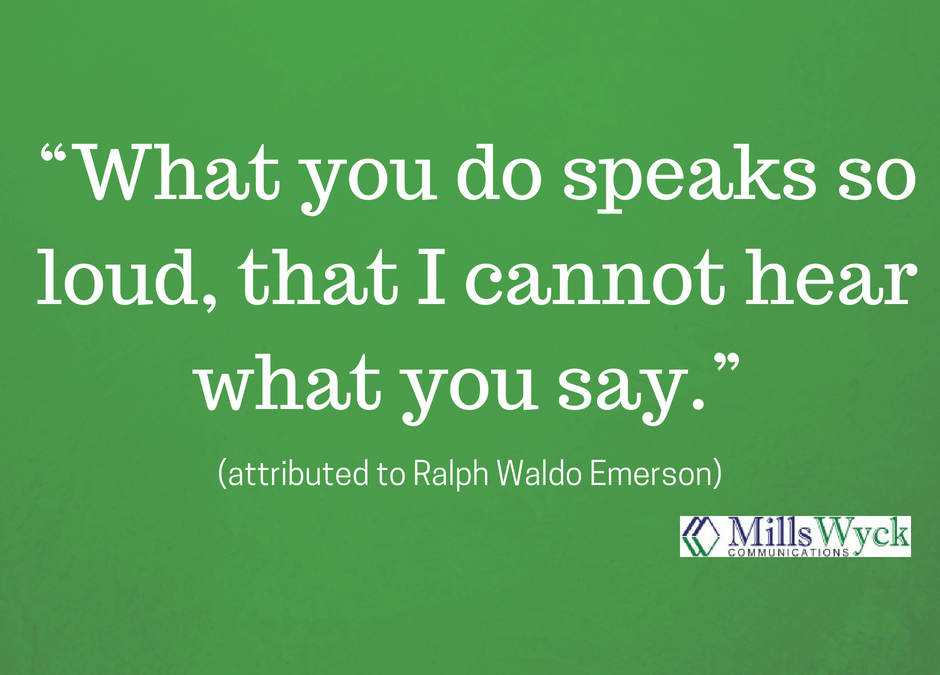For an audience to remember a speaker for the wrong reasons is a failure on the speaker’s part.
It can go one of two ways. One great; one… not-so-great.
It begins with someone who appears to be a total stranger approaching you and opening conversation with, “I saw you speak last year at XYZ conference…” While the vast majority of people will at least be polite when they remember a speaker, anything other than “I loved what you had to say about ___” or at least “You made me think about ____” is a colossal FAIL for when you remember a speaker. As the speaker, you had the chance to leave a lasting impression that changed someone’s life and instead left… nothing.
I think the worst attendee reunion memory I’ve experienced was someone who confessed hearing me speak, but couldn’t remember when, where, or what I said. “But I’m sure I liked it,” she quickly added. Oh, I bet. You liked it so much that you cannot remember anything other than my face (and I’m pretty sure my face doesn’t leave a positive lasting impression!)
But this brings an important warning for speakers everywhere. A speaker is remembered, simply because they were on the stage, on the clock, or on the hook at a meeting. People remember. But WHAT do they remember? Every time you speak, it’s an opportunity for impact. Find the message the audience needs to hear. Figure out a way to make it memorable. And give it with all the gusto you can muster (as opposed to the gusto you want to muster!)
I’ve remembered many speakers for all the wrong reasons.
- The national celebrity who used a five-minute intro video to pump his reputation beyond all reasonable expectations and then used an inappropriate example that most of the audience found offensive.
- The trainer who could not finish a sentence without a nervous tic that people still talk about 20 years later.
- The community leader whose wardrobe caused her to make constant adjustments and was incredibly distracting.
- The conference speaker who gave a top ten list and then said he didn’t follow his own rules. And his reason I should follow them? “You’re not me.” (Thankfully!)
- The talk radio co-host who could not let any statement go unchallenged, talked over the co-host, and leaves a taste of utter dissatisfaction in the listeners’ minds.
In each case, I speak of them in the past tense because I don’t remember a single positive thing the speaker said. I will actively avoid them in the future. They’ve lost the opportunity to make a positive impact, at least on me.
When you open your mouth, you’ve got that one opportunity to change the life of the listener. Make the most of it.
RELATED POST:
In my article The Speech Coach Genie’s One Wish, I remind my clients to:
Find your core, essential, one-sentence message that will be remembered. Everything else is supporting material.
Communication matters, what are YOU saying?
This article was published in the July edition of our monthly speaking tips email newsletter, Communication Matters. Have speaking tips like these delivered straight to your inbox every month. Sign up today to receive our newsletter and receive our FREE eBook, “Twelve Tips that will Save You from Making a Bad Presentation.” You can unsubscribe at any time.



